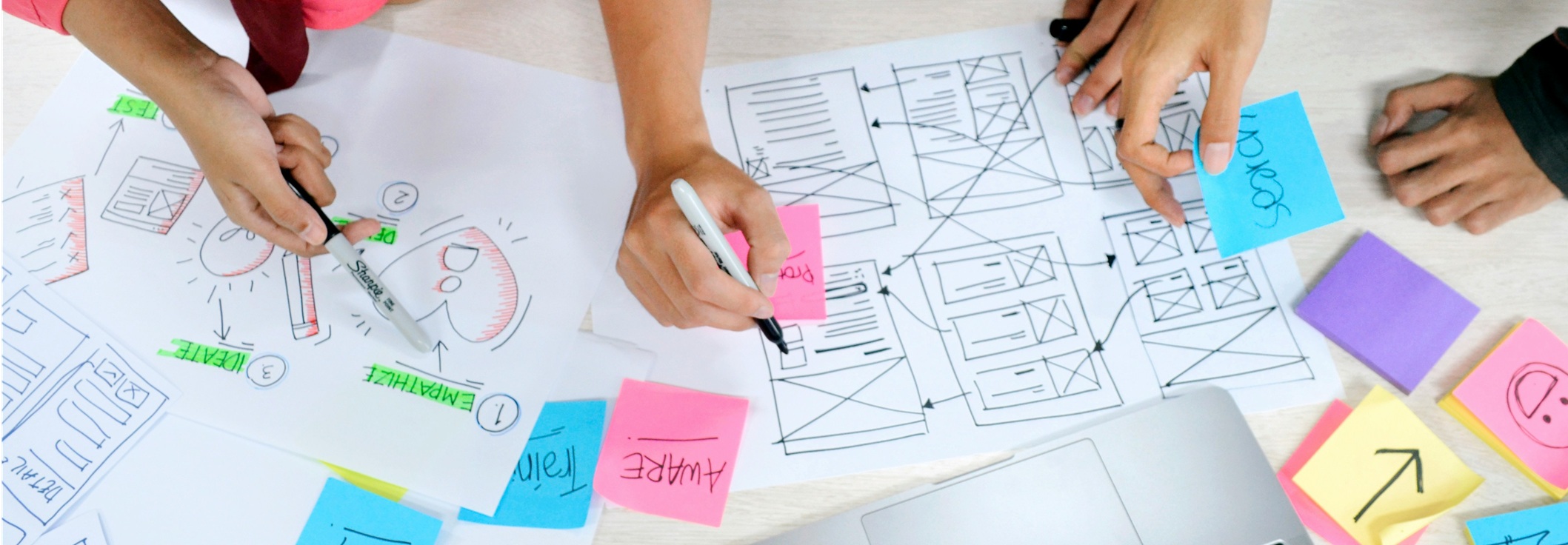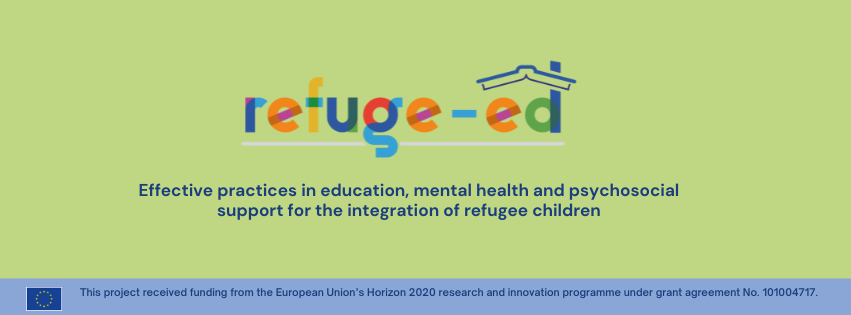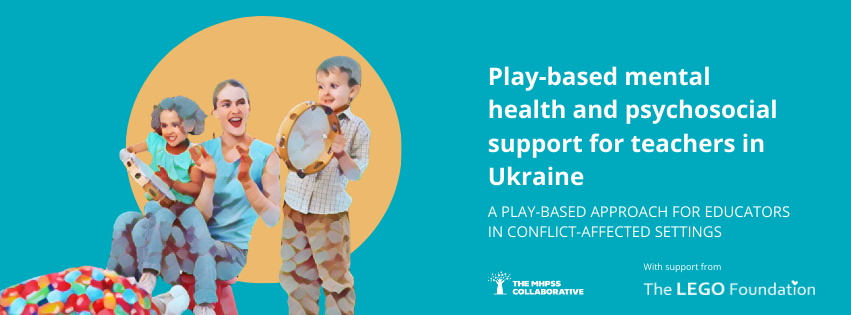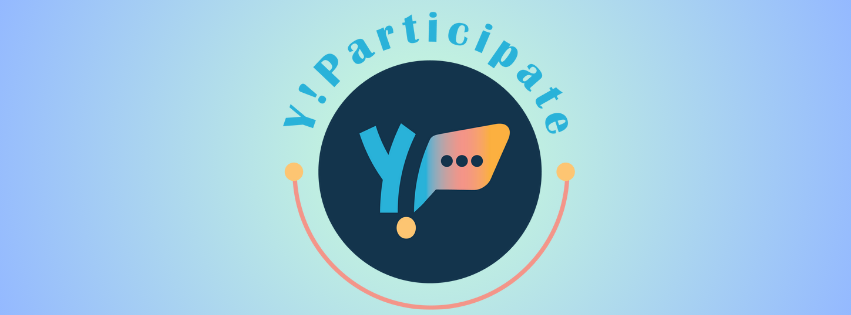
The Lived Experience Collaboration Platform
Making mental health research stronger by improving collaboration between people with lived experience and researchers
We are building the Lived Experience (LE) Collaboration Platform – an online platform that makes meaningful collaboration between researchers and people with lived experience of mental health challenges easier and more effective.
This project is funded by Wellcome and UK Research and Innovation (UKRI).
It is co-developed by Science Practice, The McPin Foundation, The MHPSS Collaborative, and a Working Group of people with lived experience, researchers and coordinators, with input from Wellcome and UKRI.
While good resources and examples of lived experience collaboration already exist, they are scattered and often hard to apply. This platform will bring existing trusted materials into one place, show what good collaboration looks like in practice, adapt resources where needed, and co-create new ones where gaps exist.
Interested in taking part in the project?
What we mean by lived experience collaboration
By lived experience we mean knowledge and insight gained from first-hand experience of mental health challenges. People self-identify with this experience – no diagnosis or prior contact with mental health services is required.
In collaboration, people with lived experience join research teams as colleagues and partners. We distinguish between participation – taking part in a study as a research subject, and involvement or collaboration – working with a research team to advise, design, guide, or carry out the work. Involvement helps keep research relevant and ensures findings can be applied in real-world settings.
Carers, parents, and family members also bring important perspectives. While the focus is on lived experience of mental health challenges, carer voices will be included where relevant.
What the platform will do
The platform will be co-developed with a Working Group to ensure it is clear, useful, and easy to use. It will:
- Show real examples of collaboration, including what was tried, what changed and what was learned.
- Provide practical tools such as templates, checklists, meeting guides and role descriptions that are ready to adapt.
- Offer guided pathways based on who you are and where you are in a project.
- Make finding things easy with clear search and filters.
- Use interactive elements where useful, such as quick decision guides or step-by-step prompts.
The aim is simple: arrive with a question, leave with something you can use.
First focus areas
The online platform will also include distinct modules focused on specific aspects of mental health research and collaboration. Together with the Working Group, we will co-develop the first two modules:
- Child and youth mental health collaboration (ages 10–24).
- Safeguarding in lived experience collaboration, particularly when working with people with learning and communication differences (including, but not limited to young people).
Each module will include examples, tools, and guidance specific to its setting.
Who it’s for
- People with lived experience who want to share their expertise to shape research
- Researchers, clinicians and practitioners who want to collaborate well
- Coordinators and managers who support research teams to deliver lived experience collaborations well
- Funders and policy leads who set expectations and standards
Different users will find tailored routes into the same trusted content.
Donors and partners
This project is funded by Wellcome and UK Research and Innovation (UKRI).


